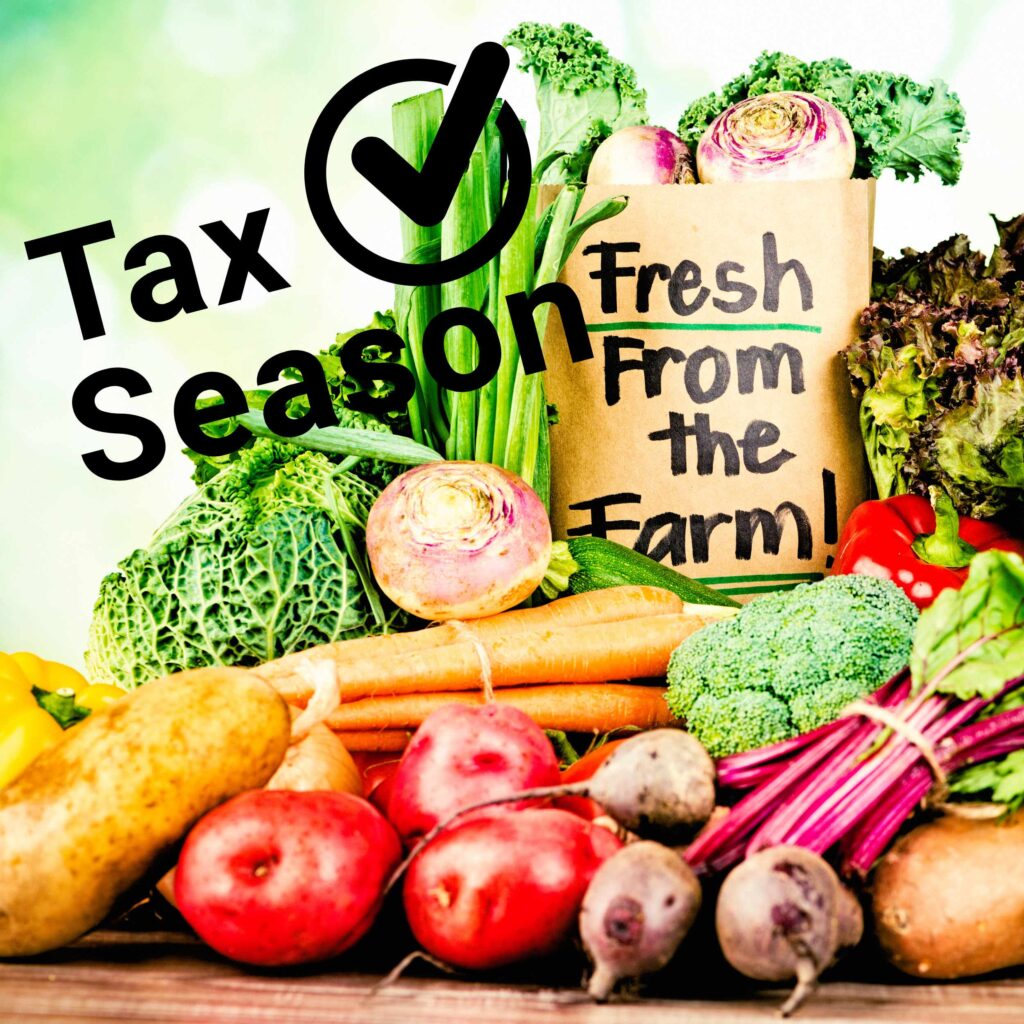
A hobby farm and a profit farm may seem similar on the surface, but they have very different tax implications. The IRS has specific guidelines to determine whether a farm is considered a hobby or a profit-making enterprise, and understanding the difference is crucial for farmers looking to maximize their income and minimize their tax burden.
A hobby farm is defined as a farm that is not operated with the intention of making a profit. These farms are generally run as a side business, and the income generated is considered supplementary to the farmer’s primary source of income.
On the other hand, a profit farm is a farm that is operated with the intention of making a profit. These farms are considered a primary source of income for the farmer and are run as a business.
It is important for farmers to understand the difference between hobby farms and profit farms because the tax implications are quite different. Hobby farms are subject to self-employment taxes, while income from profit farms is subject to regular income taxes. Additionally, deductions for expenses related to the farm are more limited for hobby farms than for profit farms. In this article, we will discuss the IRS guidelines for determining whether a farm is considered a hobby or a profit farm, and the tax implications of each.
Tax Implications:
Hobby farms, as defined by the IRS, are not considered profit-making enterprises, and as such, the income generated from a hobby farm is subject to self-employment taxes. This means that farmers will need to pay self-employment taxes on any income earned from the farm, in addition to regular income taxes.
When it comes to deductions, hobby farms have more limited options than profit farms. While hobby farmers can deduct some expenses related to the farm, they are not able to claim deductions for any losses that occur. This means that if a hobby farmer incurs a loss, they will not be able to use that loss to offset any other income they may have. Additionally, hobby farmers may only deduct expenses that do not exceed the income generated by the farm.
IRS Requirements to become a for-profit farm:
To be considered a profit farm by the IRS, a farm must show a profit in at least 3 out of 5 consecutive tax years. This is known as the “profit test.” Additionally, the farm must be operated with the intention of making a profit and the farmer must make a consistent effort to improve the farm’s profitability.
The profit test is used by the IRS to determine whether a farm is being operated as a for-profit business or as a hobby. It is important to note that the farm does not have to show a profit every year, but it must show a profit in at least 3 out of 5 consecutive tax years.
The intention to make a profit is determined by the farmer’s actions, including the time and effort they put into the farm, the expertise they bring to the operation, the expectation of appreciation in the value of the assets used in the farm, and the farmer’s history of making a profit.
The consistent effort to improve profitability is determined by the farmer’s actions to improve the efficiency and productivity of the farm, such as increasing revenue, reducing expenses or upgrading equipment.
It is important to note that even if a farm passes the profit test, it may still be considered a hobby farm if it does not meet the other requirements. In such cases, the farm income would be subject to self-employment taxes and have limited deductions for expenses.
Understanding the difference between hobby farms and profit farms is crucial for farmers looking to maximize their income and minimize their tax burden. Hobby farms are subject to self-employment taxes, while income from profit farms is subject to regular income taxes. Additionally, deductions for expenses related to the farm are more limited for hobby farms than for profit farms. To be considered a profit farm by the IRS, a farm must pass the profit test, be operated with the intention of making a profit and the farmer must make a consistent effort to improve the farm’s profitability.
Being considered a profit farm by the IRS comes with several benefits, including the ability to claim deductions for losses, and deductions for expenses related to the farm which can lower the overall tax burden. It is important for farmers to consult with a tax professional to determine whether their farm is considered a hobby or a profit farm, and to understand the tax implications of each.